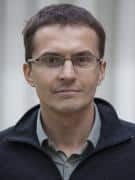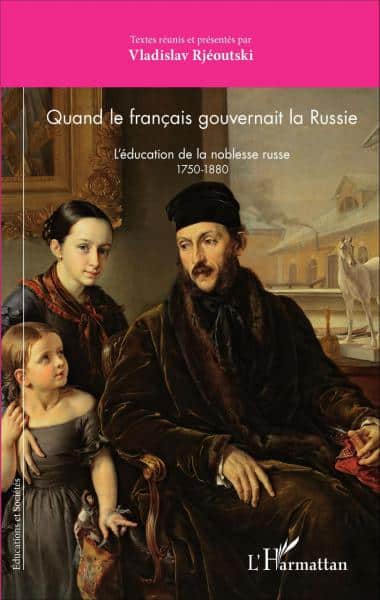
Vladislav Rjeoutski
Research Fellow, German Historical Institute in Moscow
When did you first develop an interest in Slavic, East European and Eurasian Studies?
My interest in Slavic Studies goes back to the years when I was studying at University in St. Petersburg. I was inspired by this city, which kept traces of its cosmopolitan, European outlook and history even at the end of the Soviet period. My first research project, at the French University College in St. Petersburg, was already focused on what would become my main field of research: Russia in Europe, Russia and the West, Western-European specialists in Russia and the transfer of ideas, practices and technologies.
How have your interests changed since then?
Though my interest in education as one of the core questions of Russian culture in the 18th-century has increased with time, and the book I present is proof of this, my research has become more diversified. After publishing a biographical dictionary of French-speaking specialists in 18th-century Russia (with Anne Mézin), I conducted research on the image of Russia in the European press of the Enlightenment and the role of the myth of Peter the Great in Russian propaganda throughout the century. I worked on an ambitious research project on the social history of the French language in Russia, carried out in Bristol by a team coordinated by Prof. Derek Offord, which resulted in several publications, including a two-volume collective work entitled French and Russian in Imperial Russia, which was very warmly received by specialists in Russian studies and those with interest in historical sociolinguistics and the cultural history of languages.
What is your current research/work project?
Since I joined the Deutsches Historisches Institut Moskau in 2013, I have been working on two research projects: one devoted to the history of language acquisition among the 18th-century Russian elites, the other, to the history of translation of political texts and the genesis of Russian political concepts (the latter project is coordinated together with Sergey Polskoy from the Higher School of Economics in Moscow). Both projects originate from my interest in the role of languages in a society which is partly explained by my personal experience because I have lived and worked in various countries with different languages and different academic traditions. We decided to create searchable open-access databases in order to gather information and make it available to the community of researchers with an interest in Slavic, East European and Eurasian Studies. For more details on these projects, see this link.
